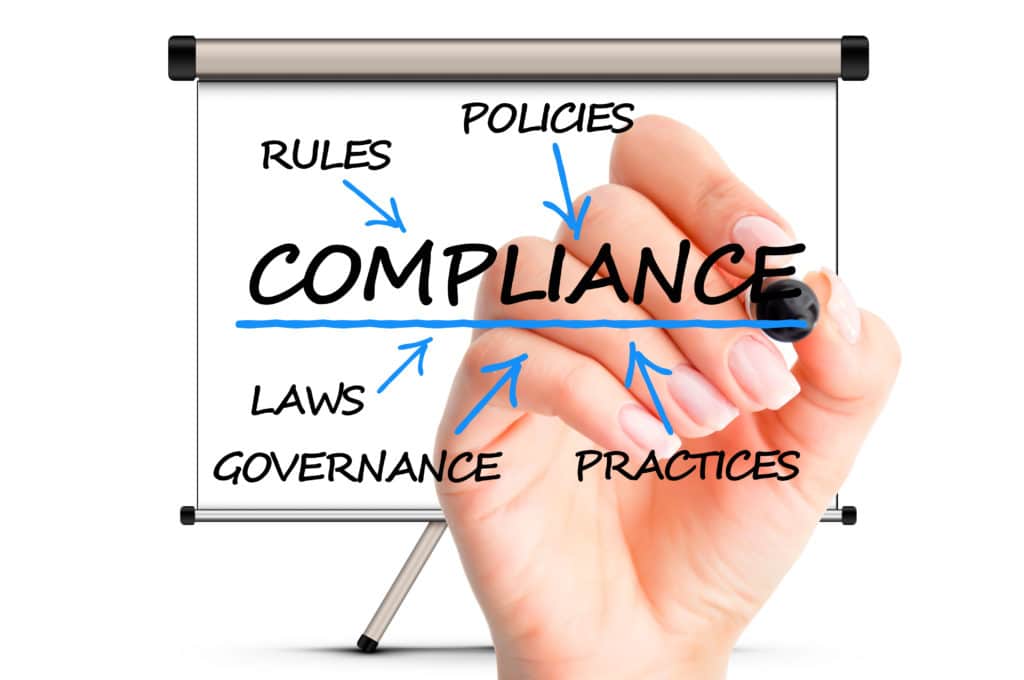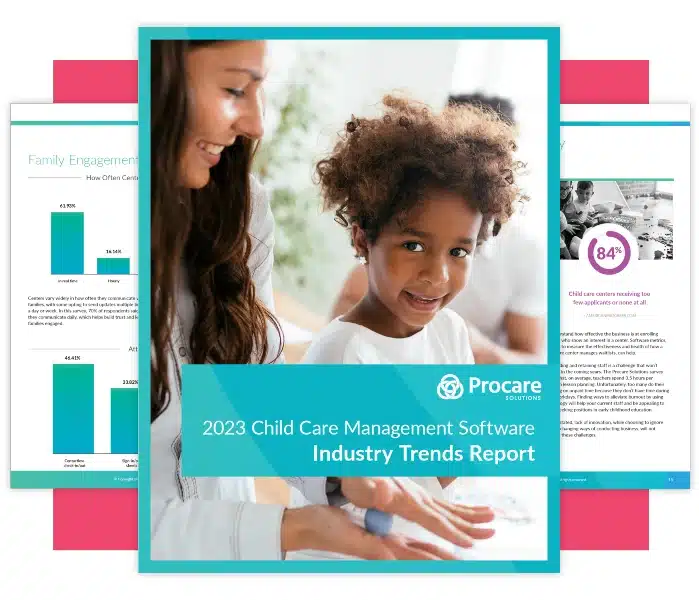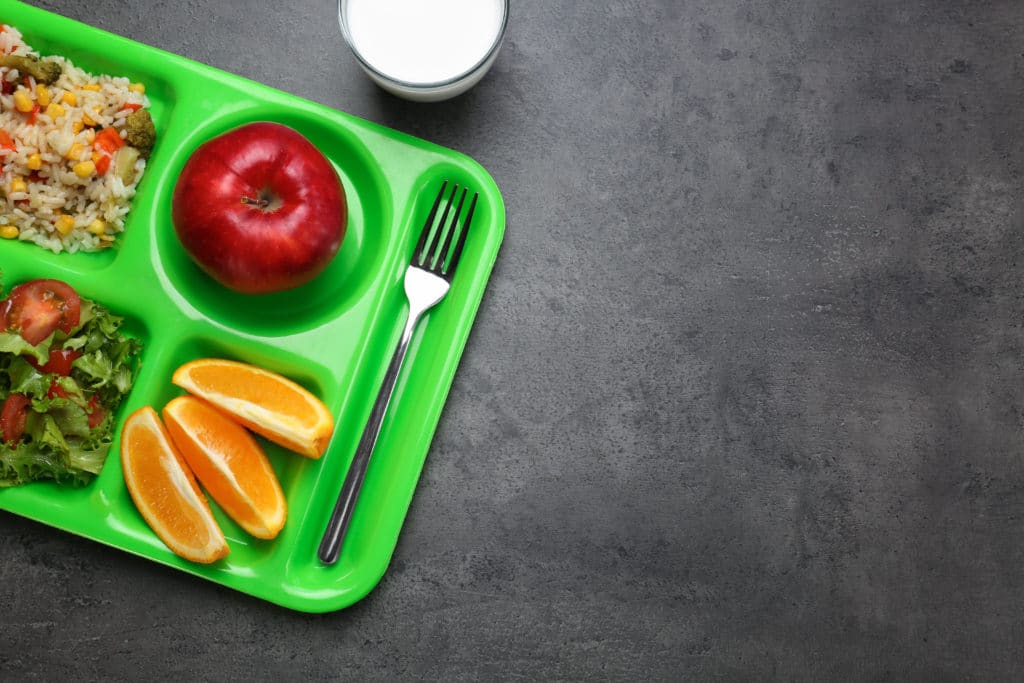

Owning a child care business can be a wonderful way to earn a living while making a difference in the lives of children. But there’s much more to establishing a daycare than many people know. You must develop a business plan and it’s vital that you thoroughly understand the rules that govern child care centers, including who needs a license.
Regulations differ by state and federal rules must be followed as well, especially when it comes to serving food.
So – what certifications do you need to open a daycare? Let’s get started!
It depends on the type of daycare you plan to open. For example, if your daycare only accepts children whom you’re related to, such as your nieces and nephews or grandchildren, then you most likely are exempt from daycare licensing and regulations.
Child care businesses in the United States are regulated at the state level, so you’ll need to apply for a child care license or permit through the proper regulatory agency in your state. Most states offer several different types of child care licenses with more stringent requirements for center-based facilities and simpler requirements for home-based daycare businesses.
To obtain your child care license, you’ll need to get the site of your business approved by municipal zoning officers and health and safety officials. In most cases, a state employee will be assigned to help you understand and achieve compliance with child care laws in your state.
The type of daycare center you run, whether in-home or center-based, will affect the licenses you need to apply for and regulations your business needs to meet. Depending on your state, you may have to apply for permits to run a business in a commercial building. Daycares that operate out of private residences might not have to deal with this.
You might be exempt from licensing if you only plan to care for a very small group of children at one time or operate for only a few hours a day. Check with the licensing agency in your state to learn what’s allowed.
Although every state has its own specific set of regulations and licensing requirements, many rules are similar. Let’s take a look at the most common regulations for daycare centers, regardless of location.
Every state has child-to-provider ratios that must be met. The exact nature of these ratios will vary depending on where you live and the type of daycare you operate.
For example, states like Rhode Island and Vermont allow a single child care provider to watch a maximum of 13 school-age children at once. But it’s legal for a single child care provider to watch up to 25 school-age children at one time in states including Florida, Georgia and Delaware.
Every state’s child-to-provider ratio changes depending on the age of the child being cared for. Although child care providers in Florida can care for up to 25 school age children at one time, only four of those children can be infants.
Research your state’s child-to-provider ratio for the ages of the children under your care — and do not exceed it.
We conducted an email survey of more than 100,000 child care leaders and teachers. See what they had to say about the current state of the industry.

As a child care provider, you have one main responsibility: keeping children out of harm’s way. Everything else — including helping them reach developmental milestones and teaching them how to interact with other kids — comes second.
That’s why state governments require child care programs to meet specific health and safety regulations. Here are a few general rules:
 placed in separate compartments of a food tray" width="1024" height="683" />
placed in separate compartments of a food tray" width="1024" height="683" />
If you plan to serve food and drinks to the children who attend your daycare, you’ll need to meet specific requirements, especially if you’re seeking financial aid from the Child and Adult Care Food Program known as CACFP.
To qualify for CACFP benefits, you must prove the meals and snacks you serve meet the nutritional requirements set forth by the federal government. Some states require family child care homes and facilities to obtain a food license if they plan to prepare food for children. And preparing food could be defined by something as simple as chopping vegetables — so check your local regulations to see if even the most simple food-prep tasks require licensing.
Check out this chart for details about regulations where you live:

Making sure your business adheres to all licensing regulations and daycare requirements is the foundation of your business.
Then comes the work of getting your child care center open and effectively managing it. You have to hire employees, market your center, attract customers, run payroll, keep parents informed and a dozen other things.
It can be overwhelming.
Procare Solutions has the tools to help you manage every part of your business after you’ve obtained your license. Sign up for a free demo today to see how Procare can simplify running your child care center. From attendance tracking and bookkeeping to parent engagement features, Procare can streamline your center’s operation onto a single platform so you can devote yourself to doing what you love — teaching the children in your care.
Talk with a friendly Procare expert to get a tailored child care solution for the unique needs of your business.